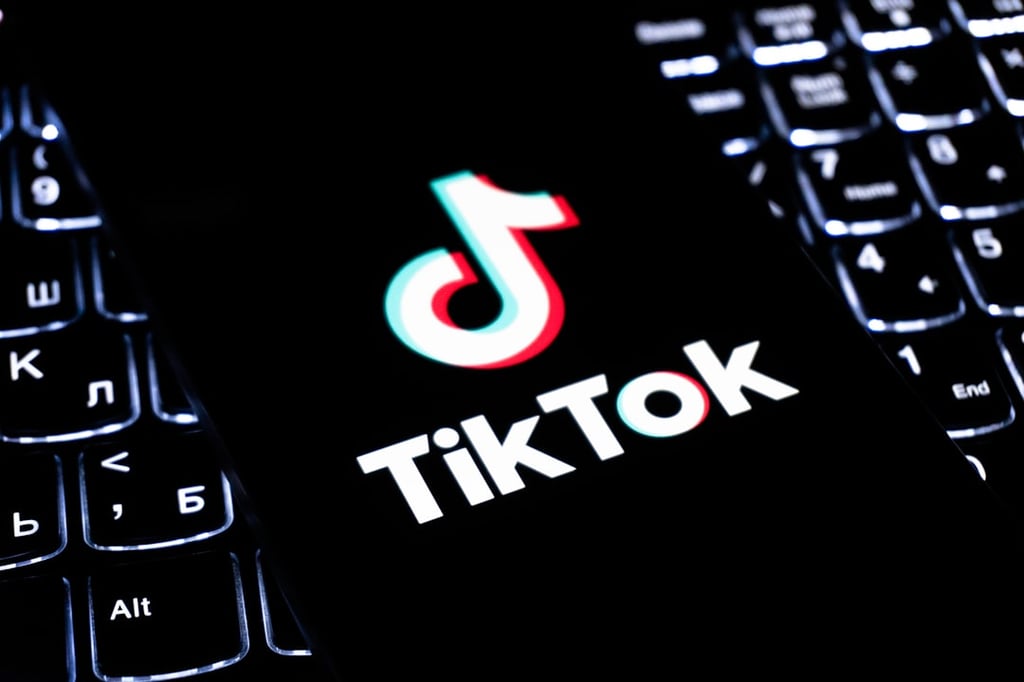Datamation content and product recommendations are
editorially independent. We may make money when you click on links
to our partners.
Learn More
Facebook CEO and founder Mark Zuckerberg today announced a partnership called internet.org, which exists to provide Internet access to 5 billion people who don’t currently have it.
In our world, of course, it seems like everybody’s already on the Internet. In fact, just 2.7 billion people are online. Facebook’s goal would triple the population of the Internet.
Facebook’s member partners in all this are Ericsson, MediaTek, Nokia, Opera, Qualcomm and Samsung. Facebook also hopes to dragoon Microsoft, governments and carriers into the league. In fact, another name for the coalition could be — AnybodyButGoogle.org.
Their goal is to create new technology, lean on governments and carriers worldwide to get with the program and get poor people online.
Specifically, the idea is to make phones cheap, make wireless contracts cheap and figure out how to provide basic access through apps that barely use any data or battery power.
The whole Internet.org initiative represents a massive racketing up of investment in the developing world for Facebook.
Facebook already has a program called Facebook Zero, which offers free access to a text-only version of Facebook for poor people who usually pay for data by the kilobyte and who have feature phones.
Mobile users on participating carriers simply go to 0.facebook.com or zero.facebook.com and they get a minimalist, compressed version of the site that barely uses any data and costs them nothing to access.
Facebook Zero has about 50 operators in 45 countries. But ultimately Facebook Zero has not been about growing the number of people with Internet access, but rather encouraging those already connected to use Facebook.
Facebook launched Facebook Zero with the stated goal of adding a billion people to the Internet. So far, they haven’t come anywhere near that goal.
The other big trend is that the price of smartphones is dropping so low — in some cases under $80 — that providing scaled down but graphical access in a mobile app is more appealing than the text-only Facebook Zero.
Google has its own version of Facebook Zero, which is called Google Free Zone. The Google program is optimized for feature phones, and gives participants in developing countries access to Gmail, Google Search and Google+, without having to pay carrier data charges. And in fact they don’t even need a data plan on their device.
The trouble with both Facebook Zero and Google Free Zone is that any link leading to outside files or data incur carrier charges or, in the case of people without a data plan, no access.
Google Redefines ‘Cloud Computing’
Google Free Zone isn’t really a significant effort by Google to vastly expand the number of people who use the Internet. It’s more of an alternative in developing countries to people who would otherwise use Facebook Zero.
Google’s initiatives are taking place in its research division, called Google X. The most colorful of their products to bring the Internet to those who don’t have it is called Project Loon.
The idea is to bring Internet access to towns and villages that don’t even have the physical infrastructure to receive Internet connectivity because the cost of laying underground cable or fiber would be too great. So Google is testing a string of self-flying, solar-powered mesh-network helium balloons to bring 3G-speed Internet connectivity over mountains and across vast spaces. The balloons typically fly about 12 miles high — above the maximum height that commercial airliners fly.
Former Microsoft CEO Bill Gates has criticized Project Loon, saying that “When you’re dying of malaria, I suppose you’ll look up and see that balloon, and I’m not sure how it’ll help you. When a kid gets diarrhea, no, there’s no website that relieves that,” Gates told BloombergBusinessweek.”
Gates deserves praise for his own work to provide urgent medical help for developing countries, but he has also consistently missed the value of the Internet, especially in this case.
Speaking the Same Language
Once Facebook and Google get all these people in the developing world using Facebook, Google+, Google Search and Gmail, who are they going to talk to?
The answer is: Everybody.
Google this week announced a killer feature to Google+, which puts a “Translate” button on every post and every comment that’s in a language not your own. By simply clicking the button, the foreign language is translated into English (or whatever your language is).
Google Search and Gmail already have this ability. What’s amazing about Google’s translation feature is how incredibly good it is. The English it renders is elegant and faithful to the original.
Facebook and Google are doing something amazing here. Yes, they’re doing it for selfish purposes — to beat the sticks for more customers.
But whether the means is cheap phones and compressed data or flying Internet balloons, the result will be a win for everybody. If Facebook and Google succeed, soon billions of people in developing nations with very limited resources will be able to log on and benefit from thousands of Libraries of Congresses worth of educational information, and make contacts globally, start new businesses and connect with everybody.
And those of us lucky enough to already have access will benefit from the perspectives and experiences of those who today are still locked out.
-
Huawei’s AI Update: Things Are Moving Faster Than We Think
FEATURE | By Rob Enderle,
December 04, 2020
-
Keeping Machine Learning Algorithms Honest in the ‘Ethics-First’ Era
ARTIFICIAL INTELLIGENCE | By Guest Author,
November 18, 2020
-
Key Trends in Chatbots and RPA
FEATURE | By Guest Author,
November 10, 2020
-
Top 10 AIOps Companies
FEATURE | By Samuel Greengard,
November 05, 2020
-
What is Text Analysis?
ARTIFICIAL INTELLIGENCE | By Guest Author,
November 02, 2020
-
How Intel’s Work With Autonomous Cars Could Redefine General Purpose AI
ARTIFICIAL INTELLIGENCE | By Rob Enderle,
October 29, 2020
-
Dell Technologies World: Weaving Together Human And Machine Interaction For AI And Robotics
ARTIFICIAL INTELLIGENCE | By Rob Enderle,
October 23, 2020
-
The Super Moderator, or How IBM Project Debater Could Save Social Media
FEATURE | By Rob Enderle,
October 16, 2020
-
Top 10 Chatbot Platforms
FEATURE | By Cynthia Harvey,
October 07, 2020
-
Finding a Career Path in AI
ARTIFICIAL INTELLIGENCE | By Guest Author,
October 05, 2020
-
CIOs Discuss the Promise of AI and Data Science
FEATURE | By Guest Author,
September 25, 2020
-
Microsoft Is Building An AI Product That Could Predict The Future
FEATURE | By Rob Enderle,
September 25, 2020
-
Top 10 Machine Learning Companies 2020
FEATURE | By Cynthia Harvey,
September 22, 2020
-
NVIDIA and ARM: Massively Changing The AI Landscape
ARTIFICIAL INTELLIGENCE | By Rob Enderle,
September 18, 2020
-
Continuous Intelligence: Expert Discussion [Video and Podcast]
ARTIFICIAL INTELLIGENCE | By James Maguire,
September 14, 2020
-
Artificial Intelligence: Governance and Ethics [Video]
ARTIFICIAL INTELLIGENCE | By James Maguire,
September 13, 2020
-
IBM Watson At The US Open: Showcasing The Power Of A Mature Enterprise-Class AI
FEATURE | By Rob Enderle,
September 11, 2020
-
Artificial Intelligence: Perception vs. Reality
FEATURE | By James Maguire,
September 09, 2020
-
Anticipating The Coming Wave Of AI Enhanced PCs
FEATURE | By Rob Enderle,
September 05, 2020
-
The Critical Nature Of IBM’s NLP (Natural Language Processing) Effort
ARTIFICIAL INTELLIGENCE | By Rob Enderle,
August 14, 2020
SEE ALL
ARTICLES







